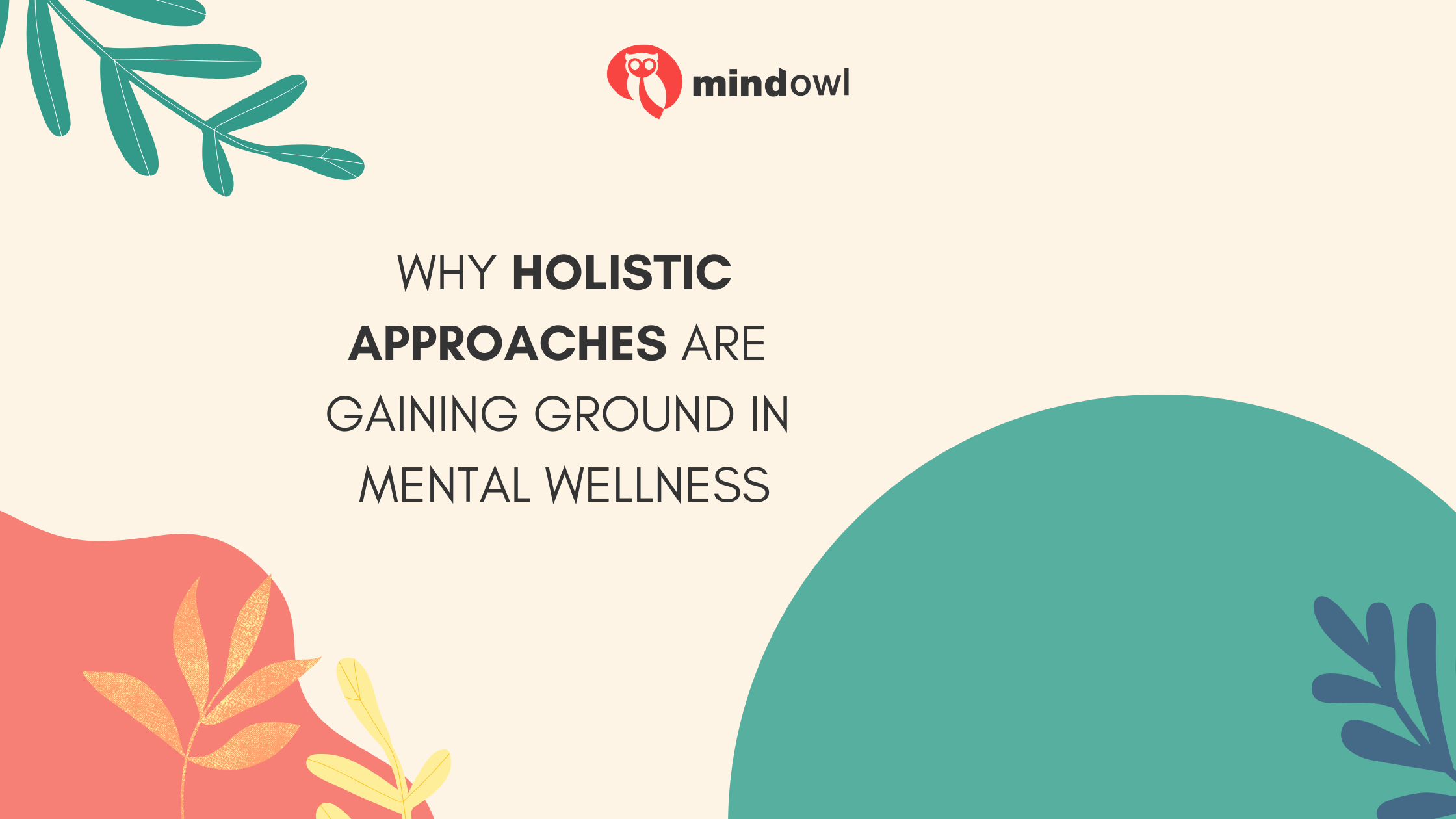
https://unsplash.com/photos/person-holding-amber-glass-bottle-0MoF-Fe0w0A
In recent years, more individuals have begun seeking holistic therapy in San Diego as a complementary or alternative path to traditional psychiatric approaches. This interest arises from a growing understanding that mental wellness is deeply intertwined with physical, emotional, and spiritual health. While medications remain invaluable tools for many, holistic approaches offer additional layers of support that nurture the whole person. This exploration examines why these integrative methods are rising in popularity and how they enrich the journey toward mental well-being.
The Constraints of Medications-Focused Care
The conventional psychiatric approach, which is mainly anchored in medication, has, indeed, changed the lives of many people who are living with mental health illnesses. Nevertheless, drugs are frequently used to treat chemical imbalances, with underlying emotional, lifestyle, and social causes being neglected. In the case of many patients, medication will lessen symptoms but fail to address underlying causes and enable long-term coping mechanisms.
Besides, side effects of psychiatric medications may be a serious problem, as they include fatigue and weight changes to emotional blunting. These effects can be a deterrent to adherence in therapy, resulting in on again-off again treatment adherence. Practitioners and clients are, in turn, more receptive to complementary practices that lessen side effects or alleviate the need to increase the dose. The increased use of comprehensive alternatives will help to relieve further and accept continual treatment better.
Finally, medication-only orientation can fail to recognize the interrelatedness of the mind and body. Mental health problems can be aggravated by stress, lack of sleep, diet, and lack of movement. In the absence of such treatment, which would focus on these dimensions, medication can become less efficient or even inadequate. Holistic interventions provide a pathway to better mental health in addressing physical and emotional factors underlying psychiatric symptoms.
The Appeal of Holistic Approaches in Modern Wellness
The holistic approaches are becoming popular since they treat the entire individual person (mind, body, and spirit) and do not focus on the symptoms in isolation. Scores of people attest that mindfulness, acupuncture, yoga, and body-based therapies make them feel more stable, connected, and empowered. These practices give rise to self-awareness and involvement in the healing process on a personal level, which can result in more long-lasting, resilient mental health.
Another factor in their attractiveness is personalization. They are also individualistic in nature because holistic therapies might accommodate individual requirements and preferences, such as an individual reacting well to movement-based practices, meditation, or even therapeutic touch. Such flexibility is opposed to the occasional inflexibility of medication regimens. Clients are most likely to be engaged in the delivery of their care when they feel heard and personal rhythms are respected, thus creating a sense of ownership and drive to persist with the change.
The Evidence Base: Bridging Science and Spirit
Some of the critics of holistic therapy have doubted the scientific basis of the approaches. Nonetheless, there is growing evidence in support of interventions such as mindfulness-based stress reduction (MBSR), yoga therapy, and expressive arts therapies. Research shows that such techniques can alleviate symptoms of anxiety, depression, and post-traumatic stress, frequently by recording changes in physiological measures, such as cortisol, heart rate variability, and inflammatory markers. The increasing evidence base can support the integration of such methods into conventional care.
Other modalities, like nutrition-oriented counseling, movement therapy, and breathwork, are being integrated into mental health treatment programs at integrative treatment centers. These centers show better results in terms of client outcomes when holistic factors are integrated into a comprehensive treatment approach. More to the point, numerous clients experience more meaning and agency in the process of healing. Such experiential validation (with empirical backing) promotes wider implementation in both clinical and community practices.
Conclusion
Although medications play a crucial role in mental health care, the adoption of holistic methods can provide additional routes of treating the soul, which adds a rich experience to the healing process. These integrative practices aim to treat the mind, body, and spirit as a whole, thus boosting self-understanding, minimising side effects, and promoting resilience. Holistic practices are proving to be valuable confederates to mental wellness as scientific knowledge increases and cultural interest in their application expands. Adopting this expanded paradigm has the potential to lead to more balanced, sustainable, and empowering care, one that really appreciates the complexity of human experience.
Our own struggles in life have led us to this path of understanding the human condition. United by a shared curiosity for the mind and what it means to be human, we’ve each walked a journey shaped by personal challenges and a deep interest in helping others grow. Over the last eight years, our work has centred on exploring how meditative practices meet modern approaches to psychological wellbeing.

